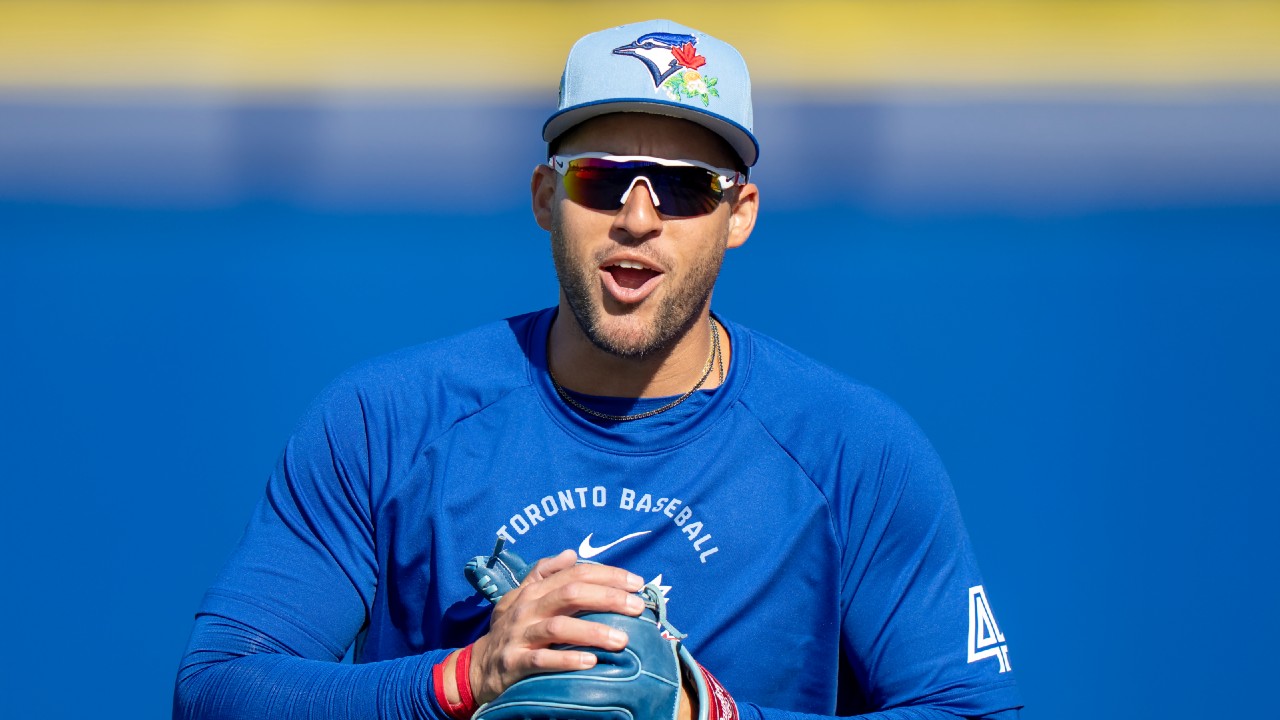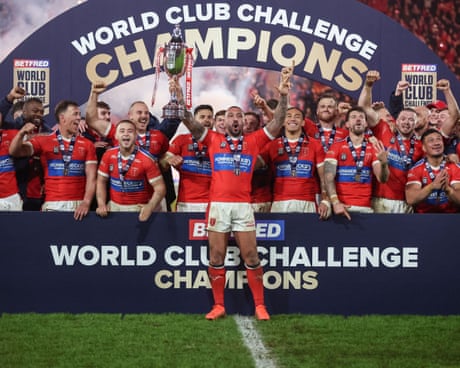
For the third consecutive Olympics, Canadians will need to adjust traditional sleeping patterns to watch the bulk of the Games live in 2022.
The Beijing Winter Olympics mark the third consecutive five-ring show in Asia – following PyeongChang, South Korea, in winter 2018 and Tokyo last summer.
An easier sleep experience is coming in years ahead for Canadian Olympic fans with Paris slated for summer 2024, Milan and Cortina d’Ampezzo, Italy, in winter 2026 and Los Angeles in summer 2028.
An air of uncertainty surrounds the second Olympics in Beijing in 14 years (the Summer Games were held in the Chinese capital in 2008) due in large part to the ongoing pandemic and the political situation. The Olympics, as always, will be about far more than just sport.
The Opening Ceremony on Friday will be the real indicator that the Games are underway – though there has been limited competition since Wednesday.
Here’s a look at some key Canadian questions for the Beijing Games.
WHAT’S THE TIME DIFFERENCE?
Beijing is 13 hours ahead of Eastern Time and 16 hours ahead of Pacific Time. Therefore, events will start each day around 7:30 p.m. ET / 4:30 p.m. PT and wrap up around 11 a.m. ET / 8 a.m. PT the following morning.
CAN CANADA BOUNCE BACK IN CURLING AND HOCKEY?
The medal count might be the official standings, but hockey and curling attract a great deal of the attention in Canada.
2018 marked the first year since curling debuted in 1998 that Canada did not win gold in men’s and women’s hockey or men’s and women’s curling. It comes with a bit of an asterisk as Kaitlyn Lawes and John Morris teamed up to win the mixed doubles curling competition in its Olympic debut, but that event doesn’t have the same viewership year-round as four-person curling in Canada.
The Canadian women’s hockey team lost to the Americans in the final in 2018, ending a four-Olympic gold medal run. The men’s hockey team – without NHLers, just like this year – settled for bronze, while Rachel Homan’s and Kevin Koe’s curling teams finished out of the medals entirely.
This year, previous gold medal winners Jennifer Jones (2006) and Brad Gushue (2014) will try to return Canada to the top of the curling podium.
The women’s hockey team figures to be battling the Americans again for gold, while the men’s hockey competition is hard to forecast given the lack of NHLers – though most see Russia (with the KHL being considered the second-best league in the world) as the favourite.
Sure, it’s a shame NHLers aren’t in Beijing. But before the NHL went to the Olympics in 1998, there were many memorable men’s hockey competitions, including Canada’s shootout loss to Sweden in the 1994 final with Paul Kariya wearing red and white, another Canadian silver in ’92 for Eric Lindros and Co. and, of course, the 1980 USA Miracle On Ice.
CAN CANADA MATCH 2018’S RECORD MEDAL TOTAL?
Despite the stumbles in hockey and curling, Canada won a record 29 medals to finish third in PyeongChang – three more medals than the previous record, from 2010 in Vancouver.
– The FINAL #VirtualMedalTable for #Beijing2022
Norway to top the medal table with a record 44 medals
Norway to also win most #WinterOlympics gold medals ever
Germany and ROC in a close battle for third most medals
Much more here: https://t.co/Hp5STPYN6Q pic.twitter.com/HEPyUoU9Dj
— Gracenote Olympic (@GracenoteGold) February 2, 2022
Gracenote, which uses data from winter sport competition to forecast medal winners, projects Canada to tie for fourth with the United States’ 22 medals (six gold, five silver, 11 bronze), which would be the country’s lowest total since 2002.
However, because of the wildly inconsistent sport schedule during the pandemic, it’s generally acknowledged that picking medal winners is harder than ever.
Gracenote has Norway leading the way with 44 medals, with Germany and the Russians tying for second, with 30.
CAN CANADIAN FIGURE SKATERS AVOID A RARE MEDAL SHUTOUT?
Canadian figure skaters have been some of the country’s biggest Olympic stars – think Tessa Virtue and Scott Moir, Elizabeth Manley, Elvis Stojko, Brian Orser, Jamie Sale and David Pelletier … the list goes on.
But following a four-medal haul at the 2018 Games, there was a big changeover in the Canadian ranks – and the country is no longer a world power.
Ice dancers Piper Gilles and Paul Poirier were the lone Canadian medal winners at the 2021 world championships, taking bronze.
You have to go all the way back to 1968 to mark the last Olympics when Canada competed and did not win a figure skating medal.
COULD THERE BE A BREAKTHROUGH FOR CANADIAN ALPINE SKIERS?
It’s been a while since Nancy Greene and the Crazy Canucks were some of Canada’s biggest sporting stars, but a young national alpine team is making notable progress recently in a very competitive sport.
Marie-Michele Gagnon, Ali Nullmeyer and Jack Crawford all have top-five finishes this season, while Broderick Thompson captured bronze in the season-opening World Cup Super G. Crawford also was fifth in a Beijing training run on Thursday.
Kerrin Lee-Gartner’s 1992 Olympic downhill gold in Albertville is one of the all-time great Canadian highlights for most longtime Winter Games watchers. It is Canada’s only gold in the sport since Greene won the 1968 giant slalom.
WHO ARE SOME OF CANADA’S BEST BETS FOR GOLD?
Mikael Kingsbury is one of the best moguls skiers ever, Mark McMorris, Laurie Blouin, Max Parrot and Sebastien Toutant are multiple-time champions at the world’s biggest snowboard events and five-time Olympic short-track speedskating medal winner Charles Hamelin needs one more medal to tie Cindy Klassen’s Canadian record for most at a Winter Olympics.
Fellow short-tracker Kim Boutin is looking to build off a three-medal showing in Pyeongchang, the ski-cross team has several top contenders (including former Olympic champs Brady Leman and Marielle Thompson), while long-track speedskaters Laurent Dubreuil and Ivanie Blondin are consistent podium challengers.
WHAT WILL THINGS BE LIKE OFF THE FIELD OF PLAY?
It’s the second pandemic Olympics, and all signs indicate testing protocols are even stricter in Beijing with China’s handling of COVID-19 and the emergence of the Omicron variant. Reporters have tweeted pictures of having their hotel room doors taped shut until COVID-19 tests come back negative along with airport staff in hazmat suits, while the Canadian Olympic Committee announced five members of its delegation were in COVID protocol last week.
The closed loop system means Olympic participants do not associate with the general public, but the virus will remain a big storyline.
So too is the political situation with several countries, including Canada, staging diplomatic boycotts and some delegations warning their athletes to be careful with electronic communication.
Over the weekend, China’s foreign ministry accused the U.S. of trying to “sabotage” the Olympics with financial rewards for athletes to deliver less-than-top performances. The U.S. has denied the allegation.





